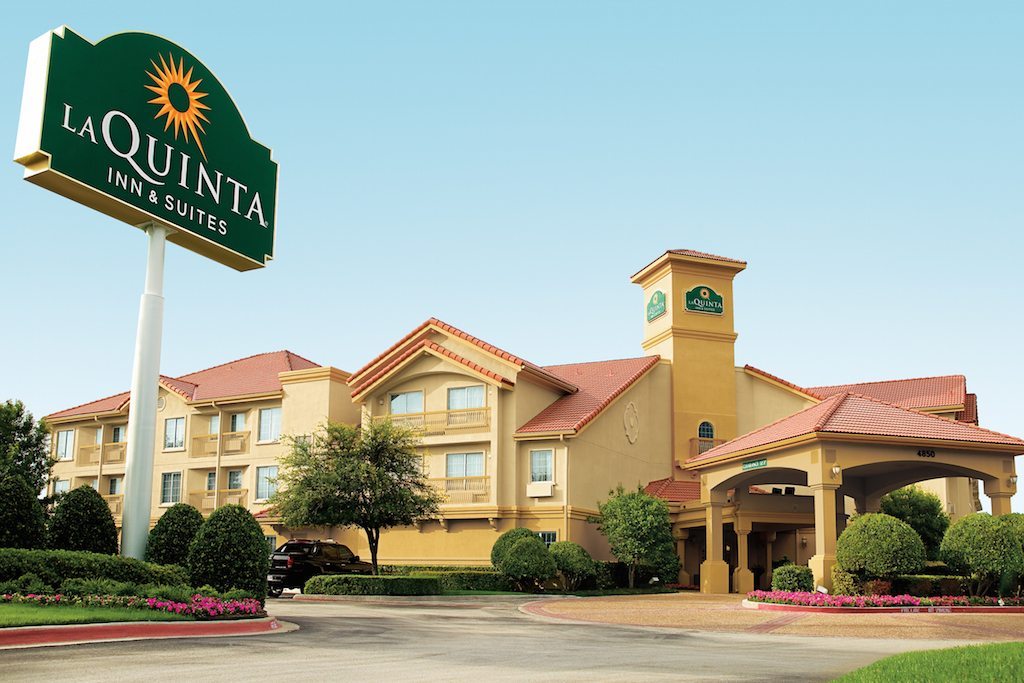Wyndham Up for More Acquisitions After La Quinta Success

Skift Take
It looks like Wyndham's in the market for another midscale brand, but it probably won't happen this year.
Wyndham Hotels has finalized its integration of La Quinta, and the company says everything is going smoothly — so much so that it may be on the hunt for more brands.
Nearly a year after the hotel group acquired midscale brand La Quinta, it continues to be the driving force behind Wyndham’s revenue and room growth in the U.S. Despite high marketing costs, overall revenue came in at $468 million for the quarter, according to an earnings release Tuesday, a 55 percent increase from a year prior.
With the integration largely completed, the company is focusing on stepping up its digital marketing and loyalty program, as well as continuing to add new rooms.
As for future acquisitions, Wyndham is hopeful about the possibility, but cautions it may not happen this year:
“I think the good news is that with the La Quinta integration largely behind us, we're
